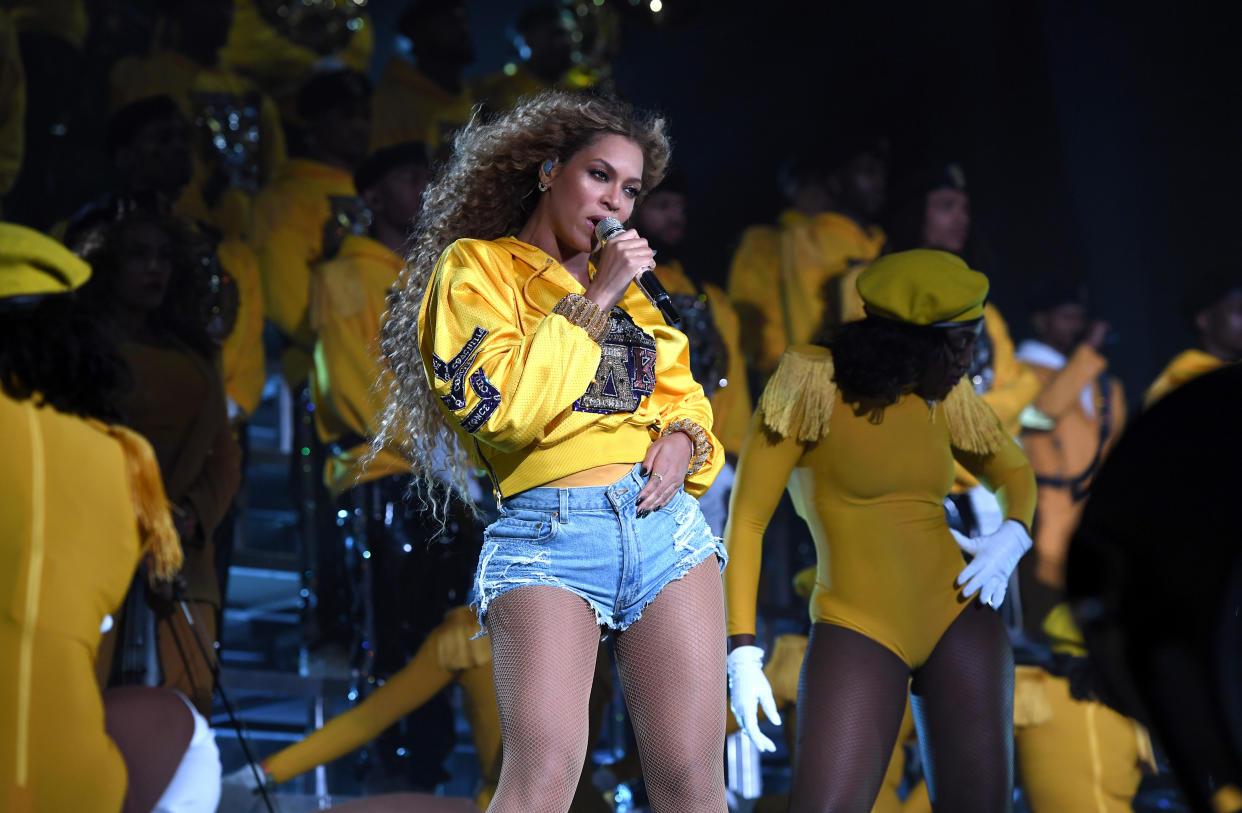Beyonce's plant-based diet plan called 'dangerous' by experts

A diet backed by Beyoncé has been called “dangerous” by a leading UK nutrition body.
The 37-year-old singer claims to have followed the plant-based meal plan in the run-up to her 2018 Coachella festival performance.
Last month, Beyoncé’s trainer and 22 Days Nutrition founder Marco Borges shared a promotional video on the plan’s official Instagram account, which included footage of the international star.
READ MORE: What Meghan and Beyoncé spoke about at the Lion King premiere
The 22-day plan, available on the 22 Days Nutrition website, costs £11.50 ($14) .
But experts at the British Association for Nutrition and Lifestyle Medicine have claimed the plan could pose health risks for the average person.
“It could be dangerous for the average person to follow without a team of nutritionists and trainers like Beyoncé has,” nutritionist Daniel O'Shaughnessy told the BBC’s Victoria Derbyshire programme.
Beyonce’s diet plan
In her own words, during the ‘Homecoming’ documentary, Beyonce summarised her experience of the diet as "no bread, no carbs, no sugar, no dairy, no meat, no fish, no alcohol… and I'm hungry". She followed it for 44 days in total, while following a strenuous exercise regime.
READ MORE: Beyoncé twins with daughter Blue Ivy
The daily diet plan provides 1,400 calories, according to the BBC programme – far below the NHS recommendation for 2,000 for women and 2,500 for men.
O'Shaughnessy added: “This [calorie intake] is quite low for anyone, users will feel tired and exhausted particularly when adding in the exercise.”
Earlier this year, nutritionist Jenna Hope gave her verdict on Beyonce’s diet, which the star followed to lose weight after giving birth to her twins Rumi and Sir in 2017.
Hope said those following the diet could be at risk of a number of nutrient deficiencies, including B12, iron, vitamin D, omega-3 and iodine.
She was particularly concerned about following the plan as a new mother, as Beyonce was at the time.
“The diet is particularly dangerous for new mothers who have higher nutritional needs in order to repair their bodies after giving birth,” Hope told Yahoo UK.
“Iron in particular is really important after childbirth as you’re losing blood throughout the process, while omega-3 is key for hormone production to support your body’s processes during birth and in the post-partum stage.”
Then there’s the case of basic energy requirements while breastfeeding.
“Breast feeding can require around 400 calories per day on top of your general energy requirements,” she said.



